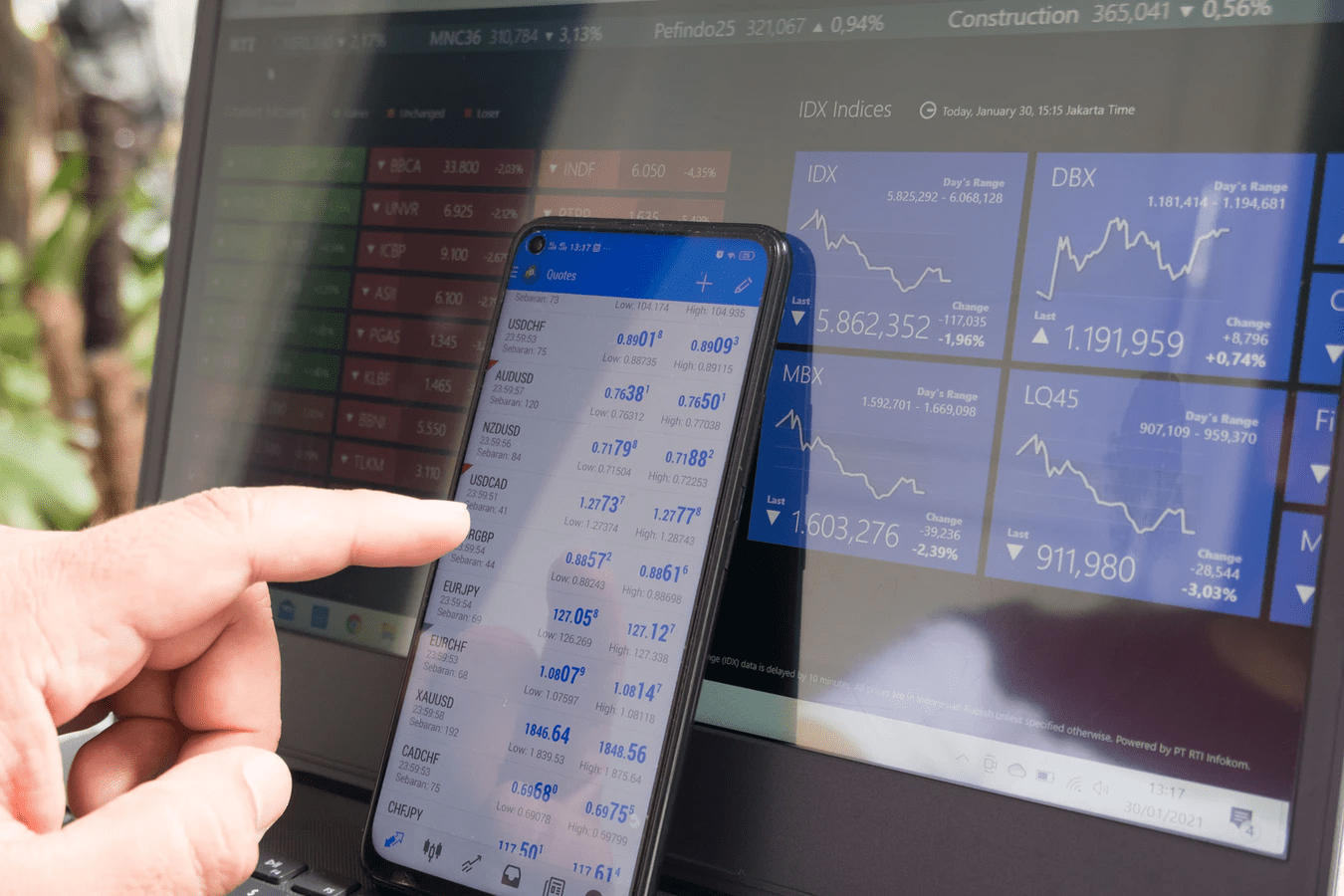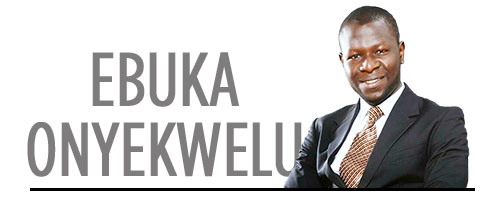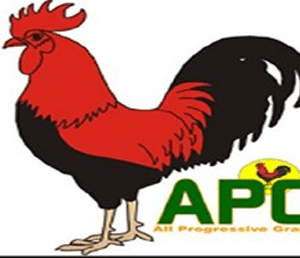In recent years, forex trade has become one of the most legitimate ways to make more money for oneself and with the kind of potentials it flaunts, everyone is gradually becoming an investor. With a lot of people milling about the business of foreign exchange, there have been a growing number of scams.
Before you jump right into the wagon of forex trade with your money, you should sit back to ask yourself, would I regret this investment? Today, I am here to tell you just how you can identify a scam when you are just about to invest in forex. Let’s get right to it!
What is forex trading all about?
Forex trading, or better still, foreign exchange trading, is simply the exchange of one currency for another. Forex trading is very important because it is basically what is required when nations do business with other nations. Since there is no universal currency, the business between two or more countries would require that there is an exchange of currencies that are of equivalent values.
When a denomination of currency, let’s say one naira, is exchanged for another its equivalent value, forex trading is said to occur. Forex trading takes place in the foreign exchange market, which is the largest market in the world.
Read this – Meet Hanu Fajiro Agbodje, the founder of Patricia
There are no regulations in the foreign exchange market and this is the reason why over $5 trillion is traded on a daily basis in this market. his market is a primarily unregulated, over-the-counter market with over $5 trillion on average being traded each day. All the currencies of the world are available for trade in the foreign exchange market.
Now, the forex market is not limited to countries alone. Private individuals can now invest in the market and land major profits as they trade. The summary of forex trading is simply exchanging your currency for another that you expect to appreciate in value and bring you profit.
For instance, you buy €1,000 at a EUR-USD exchange rate of 1.12. This implies that you will pay an estimated sum of $1,120. If after a couple of days or weeks, the exchange rate increases to 1.20, and you decide to exchange the same €1,000 for US dollars, you will get $1,200 with a profit of $80.
As simple as this may sound, forex trading is actually quite complex. Many factors play into the value of a currency and, ultimately, exchange rates. This makes the market very volatile and risky to engage in if you don’t know what you’re doing.
Can You Truly Be Scammed In Forex Trade?
The answer is a resounding yes. Like I stated earlier, the forex market is very open and uncontrolled. With this sort of nature, unsuspecting individuals can become victims of fraudsters who have an endless list of schemes up their sleeves.
Forex trade market is not scam-proof and it is important for you to know that once you are scammed in this market, there is a high chance you won’t recover whatever you have lost.
What are some red flags in the market you should look out for?
We are never short of testimonies of aggrieved investors who would have been more tolerant had they lost their money on a reckless move while trading than to a no-good scammer.
You have to know that no matter how genuine a scammer will pretend to be, there would surely be red flags. Some red flags are very obvious while others are latent. However, there are always there to instruct you, and some of them to look out for are:
Trade mentors
Given the complexity of forex trade, a lot of individuals have filled out as professionals who can provide you with trading advice on the best options to choose from. While there are such genuine coaches that can actually give you a hang in your forex trading experience, there are also fraudsters who wish to scam you because they know you don’t know much about the market and that you will be willing to pay just to learn.
The irony here is that these scammers don’t also know much about the forex trade market, but they will try to soft-soap you u to giving them money for practically nothing. They usually make assumptive claims about having one kind of ability to predict the market and “reliable” information. This is a red flag.
The Robot Trading systems – for real?
It is most likely a scam when you are told you don’t have to put in any form of work. Scammers tend to pull off daylight robberies by convincing people that there is a system of forex trading where computers conduct all the trades in your place and all you just have to do is make an investment, sit back, and earn your dough. What comes out of this is usually a lot of tears.
You are most likely dealing with a scammer when he makes guarantees.
Read this – How Tony Elumelu built his banking empire
Forex trading is not risk-free. Hence, anyone giving you some kind of assurance that your money is in safe hands is most probably trying to settle some of his personal problems with the money you will give him. No one can guarantee anything in the forex trading market. Absolutely no one.
The red flag of sentiment
Scammers take advantage of sentiments. They tell you all the things you want to know, but when you prove them for proof, they will come up empty-handed. Hence, before you make that investment, pay keen attention to your client. If there are only promises and guarantees, but no statistics to show for it, you may want to pull out.
The best thing you can do to avoid getting scammed while trading in the forex market is to educate yourself. The more you know about the market, the less likely it will be for you to become a victim.
By Johnson Onyedika
Connect with us on Pinterest



















